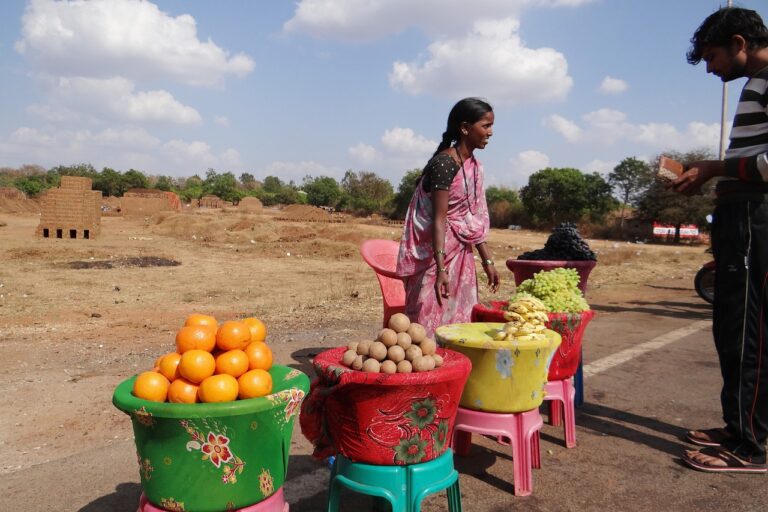Training Polling Station Staff on Emergency Response Protocols: All panel mahadev book, Lotus bhai 365 login, Allpaanel
all panel mahadev book, lotus bhai 365 login, allpaanel: Training Polling Station Staff on Emergency Response Protocols
As election season approaches, it is crucial to ensure that polling station staff are well-prepared to handle any emergency situations that may arise on Election Day. From medical emergencies to power outages, having a clear plan and well-trained staff can make all the difference in ensuring a smooth and safe voting process for all.
Preparation is key when it comes to handling emergencies at polling stations. By training staff on emergency response protocols, you can help them feel confident and capable of handling any unexpected situations that may arise. Here are some key points to keep in mind when facilitating training for polling station staff:
1. Understanding the Emergency Action Plan
Before anything else, polling station staff must be familiar with the emergency action plan in place. This includes knowing who to contact in case of an emergency, understanding evacuation routes, and being aware of the location of emergency equipment such as first aid kits and fire extinguishers.
2. Role Assignments
Assigning roles to staff members can help streamline response efforts. Designate individuals to act as first responders, communication coordinators, and evacuation leaders to ensure a coordinated and efficient response to any emergency situation.
3. Communication Protocols
Clear communication is essential during an emergency. Train staff on how to communicate effectively with each other, emergency services, and voters in the event of a crisis. Establishing communication protocols can help prevent confusion and ensure that information is conveyed accurately and promptly.
4. Medical Emergencies
Polling station staff should be trained in basic first aid and CPR to be able to assist individuals in medical distress. Provide staff with the knowledge and skills necessary to respond to common medical emergencies such as fainting, choking, or heart attacks.
5. Evacuation Procedures
In the event of a fire or other emergency that requires evacuation, it is crucial that staff know how to safely and efficiently evacuate the polling station. Conduct drills to practice evacuation procedures and ensure that staff are familiar with exit routes and assembly points.
6. Power Outages
Power outages can disrupt voting processes and pose safety risks. Staff should be trained on how to respond to power outages, including procedures for continuing to conduct voting activities in a safe and secure manner.
By providing thorough training on emergency response protocols, polling station staff can be better equipped to handle a wide range of potential crises on Election Day. Remember, preparation and practice are key to ensuring a safe and successful voting process for all.
FAQs
Q: What should polling station staff do in the event of a medical emergency?
A: Polling station staff should assess the situation, call for emergency medical services if needed, administer first aid if trained to do so, and stay with the individual until help arrives.
Q: How can staff ensure effective communication during an emergency?
A: Staff should establish a communication hierarchy, use clear and concise language, and provide regular updates to ensure that information is communicated effectively.
Q: What should polling station staff do in the event of a power outage?
A: Staff should remain calm, ensure the safety of voters, utilize backup lighting as necessary, and follow established procedures for continuing voting activities in a safe manner.







